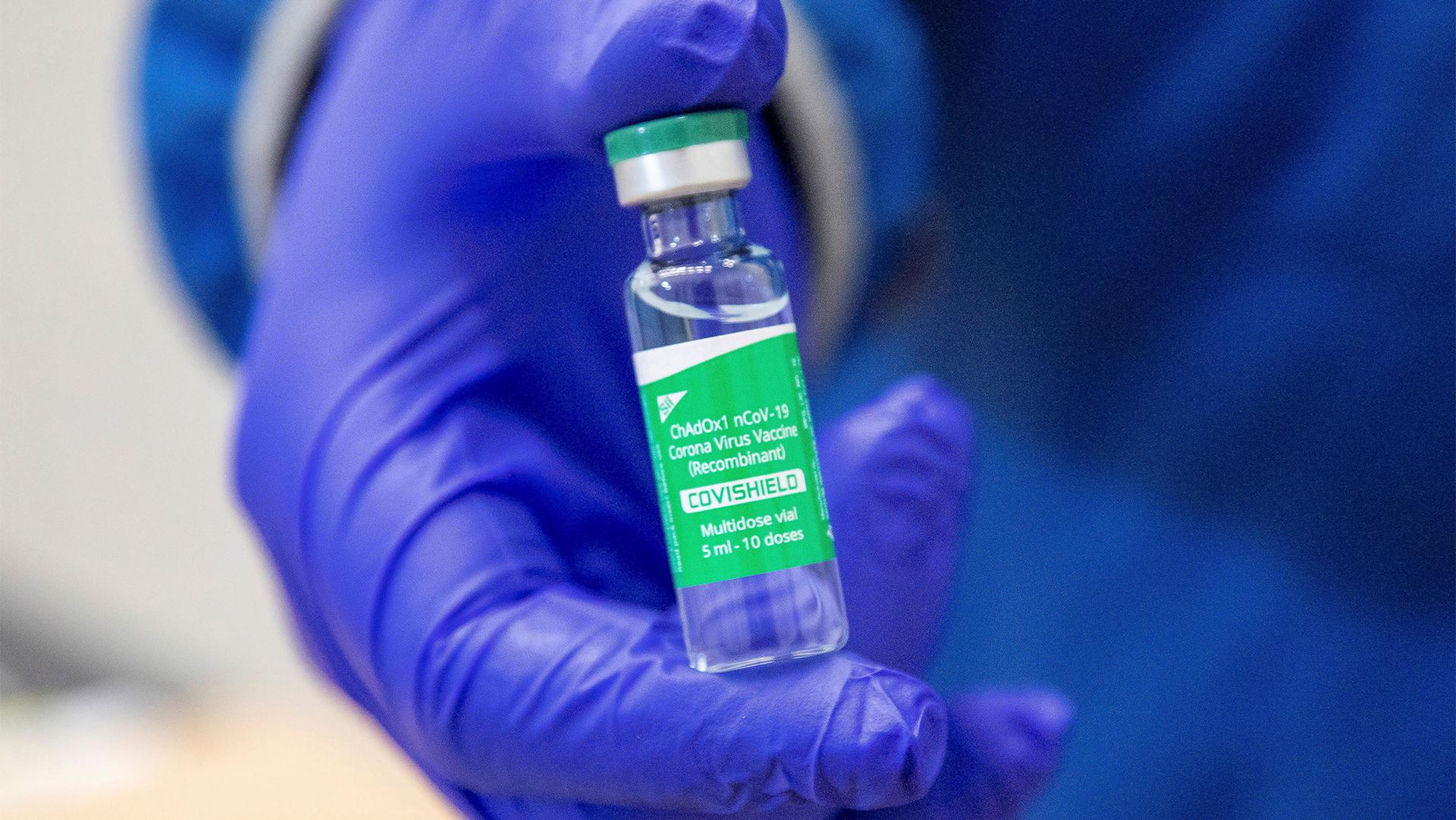Last May, as the province of New Brunswick went into one of the strictest lockdowns in Canada, a family physician named Jean-Robert Ngola got a call to pick up his 4-year-old daughter in Montreal. The seven-hour trip would end with his life derailed.
“I was treated like a criminal, but I did nothing wrong,” Ngola said. “I was doing my job.”
Related: Gruesome boarding school discovery forces Canada to reckon with its cultural genocide history
Ngola, 51, originally from the Democratic Republic of Congo, was criminally charged by Canadian authorities with starting an outbreak of the coronavirus. A year later, prosecutors dropped the charges last week, just days before Ngola’s case was set to go to trial.
Scapegoating happened across the globe last year as COVID-19 first spread. People of Asian background were especially singled out, unfairly, for spreading the virus. Medical professionals, at times, were blamed and ostracized.
“Now I’m not a criminal. I can continue life like a human being.”
“Now I’m not a criminal,” he said. “I can continue life like a human being.”
Ngola’s ordeal began when his ex-wife had to attend a family funeral in Africa. Ngola contacted local police and they told him it was OK to travel — so he drove the seven hours to Montreal, spent the night at his brother’s place, collected his daughter, and returned home. Health officials advised him that, like other doctors traveling at the time, he could go back to seeing patients, and didn’t have to quarantine, since he didn’t believe he’d been exposed.
Related: ‘How to Report a Hate Crime’ booklets empower Asian Americans amid rise in discrimination
But soon, one of Ngola’s patients tested positive for the coronavirus. On May 27, 2020, he tested positive too, although he had no symptoms, and went into quarantine. Later that same day, the premier of New Brunswick, Blaine Higgs, spoke about the outbreak at a press conference and mentioned “patient zero.”
“This is a health care worker who saw multiple patients over a two-week period following their return to New Brunswick,” he said. “We’re still contact tracing, but we know this zone is at a higher risk due to the actions of one irresponsible individual.”
The premier didn’t say Ngola’s name. But that leaked online, and with a little sleuthing, people found Ngola’s address and photo. Within hours, his whole life changed.
His employer suspended him without pay. People assailed him online and waited outside his home, delivering death threats and racist taunts, telling him to “go back to Africa.” He had to ask for police protection. At the same time, authorities opened a criminal investigation against him for failing to isolate.
Joel Etienne, Ngola’s attorney, said random people falsely accused him of breaking quarantine.
“The police would show up and accuse [Jean-Robert Ngola] of not self-quarantining.”
“People would be congregating in places of commerce and they would see a person of color, and they would call the authorities and say, ‘Oh, the good doctor is not quarantining. You need to run the police to his house,’” he said. “And the police would show up and accuse him of not self-quarantining.”
In all, 41 people were infected in that outbreak, and two people died. But doctors rallied to Ngola’s defense. In September, 1,500 physicians signed a letter blaming systemic racism for his treatment.
“This is clearly an example [of] how a person of immigrant background, a person who is African Canadian, was absolutely marginalized, penalized and could have lost his life over this because the outrage was that palpable at the time,” Etienne said.
When a mayor in Quebec heard Ngola’s story, he invited him to live and work there. Ngola took him up on the offer. If found guilty, he could have faced more than $8,000 in fines. His trial was set for June 15, but prosecutors stood down, saying they’d been provided with evidence that showed they had little chance to convict.
Still, it’s not completely over for Ngola. There’s something he still wants: an apology from the premier, Higgs.
“The apology means the beginning of the healing.”
“The apology means the beginning of the healing,” Ngola said. “I cannot change the past, but I have to prepare myself for the future.”
So far, Higgs has refused the invitation to apologize.
Related: US to swiftly boost global vaccine sharing, Biden announces
“If I recall, at the time, it was when we had our first fatality in the long journey of COVID and we needed to make sure everyone was following the rules carefully and taking every case and every situation seriously,” he told reporters.
Higgs said it’s unfortunate if Ngola took his comments personally. Ngola’s attorneys have said that they’re considering suing for damages.
